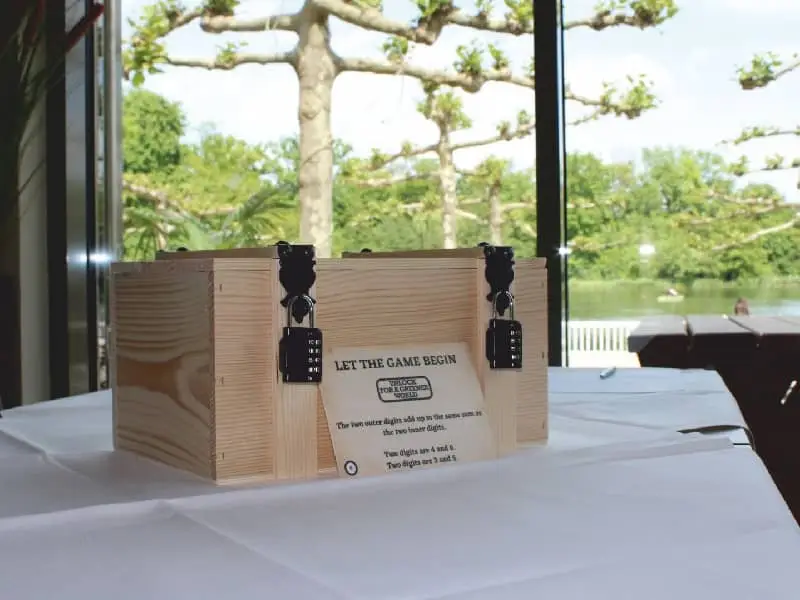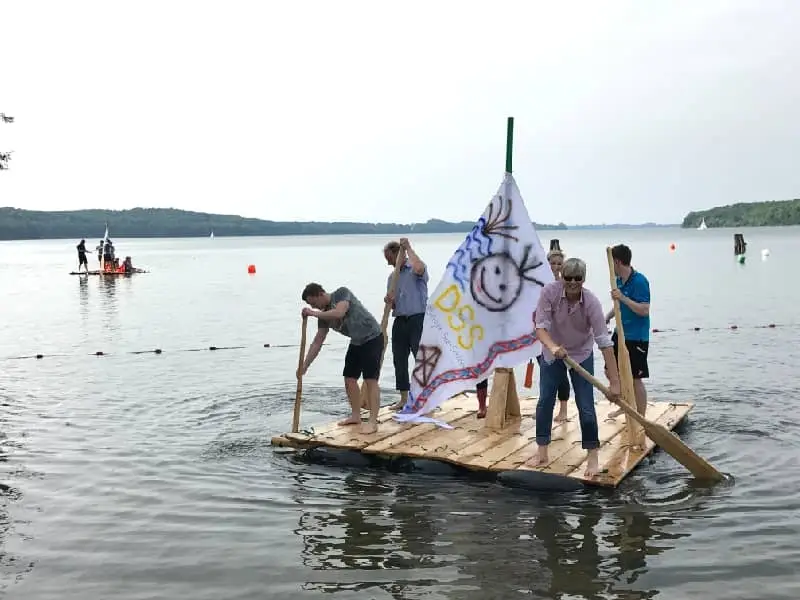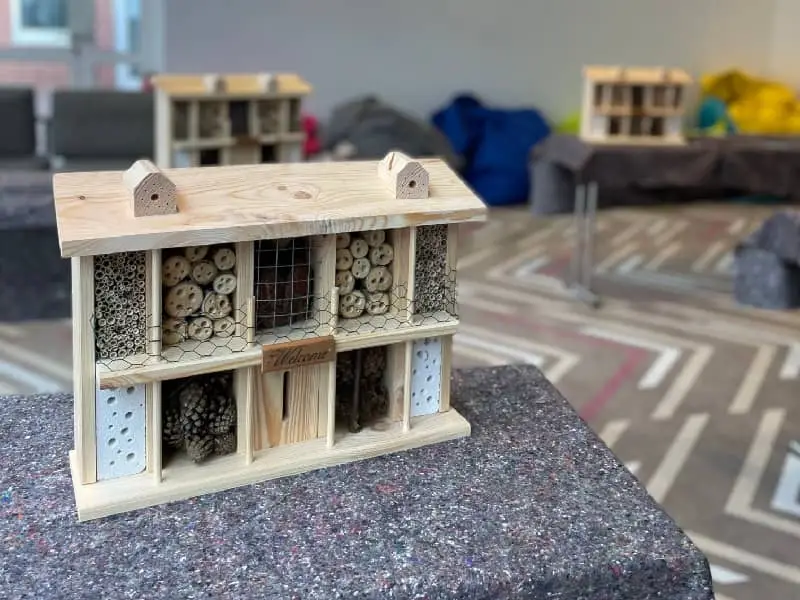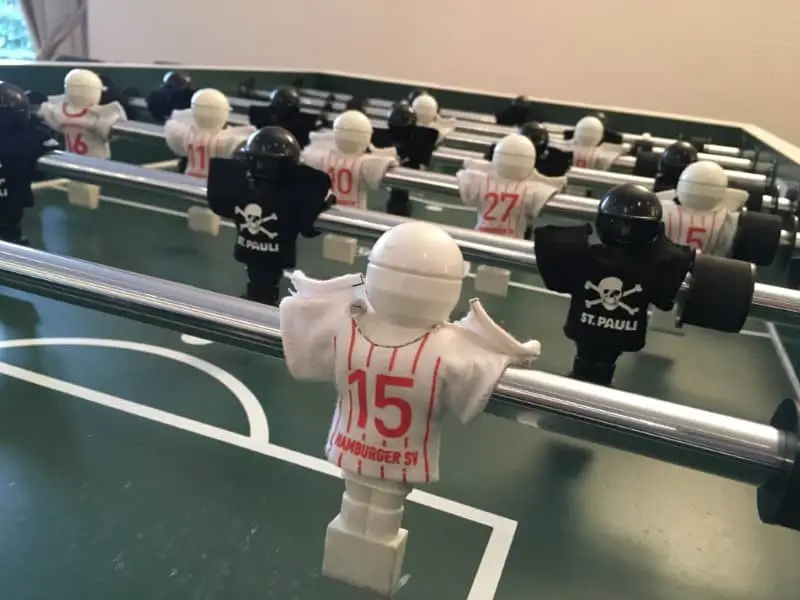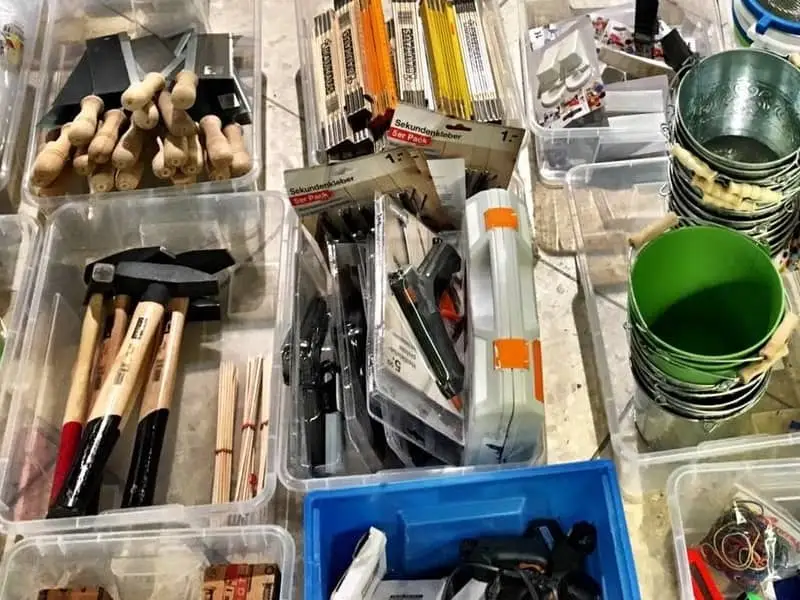Team Building – Definition, Goals,
Methods, and Best Practices for
Stronger Teams
What Is Team Building?
Team building refers to activities and strategies designed to strengthen collaboration, trust, and communication within a group. The main goal is to create a positive and productive team environment, increase motivation, and improve long-term performance. Team building can take place through structured exercises, corporate events, or shared experiences—whether onsite or offsite.


Why Is Team Building Important?
A high-performing team is the backbone of any successful organization. Team building helps individuals understand their roles, collaborate effectively, and feel connected to a common goal. Studies show that well-integrated teams are more creative, engaged, and resilient. Key benefits of team building include:
- Improved communication and trust among team members
- Increased motivation and job satisfaction
- Stronger collaboration and problem-solving abilities
- Clearer roles and responsibilities within the team
- Reduced conflict and stronger conflict resolution skills
What Types of Team Building Activities Are There?
Team building comes in many forms, depending on your goals, budget, and team dynamics.
1. Traditional Team Building Exercises
These are short, interactive activities often used in workshops or meetings to build trust, encourage communication, and challenge problem-solving skills. Popular examples include:
- Marshmallow tower or spaghetti challenge
- Blindfolded obstacle courses
- Office-based escape games
2. Team Events and Outdoor Activities
Outdoor team building provides a fresh setting for new perspectives. These can include:
- High ropes or climbing courses
- Raft building or boat races
- Cooking competitions or BBQ events
3. Virtual Team Building Activities
Especially for remote teams, digital solutions are vital. Examples of successful virtual team building include:
- Online escape rooms or quizzes
- Virtual happy hours or coffee breaks
- Remote team challenges or storytelling games

4. Long-Term Team Development Programs
Sustainable team building strategies go beyond one-off events. These might include:
- Leadership coaching or communication training
- Ongoing CSR (corporate social responsibility) projects
- Monthly feedback rounds and reflection sessions
What Are the Goals of Team Building?
Effective team building should be intentional. Core goals often include:
- Building trust: Shared experiences help teams bond and overcome differences.
- Enhancing communication: Teams learn to listen and express themselves more clearly.
- Resolving conflict: Tools and exercises encourage constructive conflict resolution.
- Clarifying roles: Everyone knows their strengths and responsibilities.
- Boosting productivity: Unified teams are more motivated and efficient.
Who Benefits Most from Team Building?
Team building can benefit any team, but it’s particularly useful for:
- Newly formed or reorganized teams
- Cross-functional or international teams
- Remote or hybrid workforces
- Teams facing internal conflict or high staff turnover
- Groups working on complex or creative projects
How to Plan Effective Team Building
To get the most out of team building, proper planning is key. Follow these steps:
- Set clear goals: What should your team gain from the activity?
- Know your team: Consider group dynamics, preferences, and cultural differences.
- Choose the right format: Onsite, offsite, or virtual?
- Work with professionals: Team building agencies can customize events for your goals.
- Evaluate and follow up: Gather feedback and assess the impact on teamwork.


Real-World Team Building Ideas
Need inspiration? Here are proven team building ideas:
- Scavenger hunt in the city: Combines problem-solving with fun exploration.
- Volunteer together: Supporting a cause strengthens emotional connection.
- Improv workshops: Great for building spontaneity and communication.
- Cooking or baking classes: Food always brings people together.
- Outdoor survival training: Develops leadership and collaboration under pressure.
Team Building as a Key to Long-Term Success
Team building is more than a fun activity—it’s an investment in your people. Whether through structured workshops, creative events, or long-term programs, the right approach can transform a group of individuals into a high-performing team. Strong teams lead to innovation, resilience, and sustainable success.


